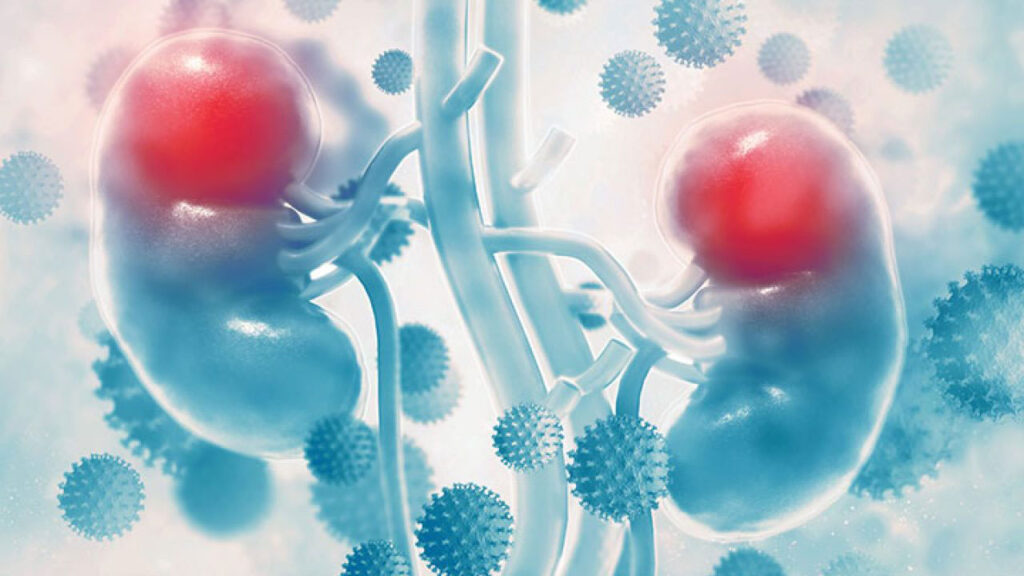1. You have two adrenal glands – one above each kidney. You need them to produce a range of different hormones that affect your stress response, immune system and metabolism, to name a few. That means you need them to be healthy.
2. One potential problem is when you don’t produce enough of a certain hormone. This is known as adrenal insufficiency. You may need to take additional hormones to counteract it.
3. Symptoms of adrenal insufficiency to look out for include weakness, dizziness, loss of appetite, changes in skin color, muscle aches, nausea, irregular periods, low blood sugar and low blood pressure. If untreated, the pain and weakness can become worse and you may experience shock or kidney failure. It can be fatal.
4. Diagnosis is impossible without a doctor. Many of these symptoms can be associated with other conditions. Generally, you will need a blood or urine test to measure your hormone levels. An ACTH stimulation test specifically measures the stress response of the adrenal gland. Scans like CTs and MRIs can be used to check for physical abnormalities causing the glands to malfunction.
5. There are multiple conditions that can cause adrenal insufficiency, including Addison’s disease and congenital adrenal hyperplasia. You may need to take medication for life to replace the missing hormones.
6. Problems also occur when your adrenal hormones are too high. Nodules (benign or malignant) can cause the adrenal glands to become overactive and may require surgery to remove.
7. Conditions associated with excess hormone production include Cushing syndrome for excess cortisol, hyperaldosteronism or Conn syndrome for excess aldosterone, and pheochromocytoma for excess adrenaline. Each has different symptoms and treatment.
8. Cushing syndrome causes weight gain but thin arms and legs. You may have fat lumps at the back of the neck. Other symptoms include weakness, fatigue, stretch marks, excess hair growth and easy bruising that is slow to heal. It can be caused by medication for inflammatory or autoimmune conditions, so that medication may need adjusting.
9. Hyperaldosteronism causes low potassium levels, which can cause weakness, muscle aches and spasms. It can also cause high blood pressure. Treatment may depend on the cause, but you could need a high-potassium diet.
10. Pheochromocytoma is a type of tumor that causes sweating, high blood pressure and an increased heartrate. Depending on the tumor, it may require surgery, radiation or chemotherapy.




